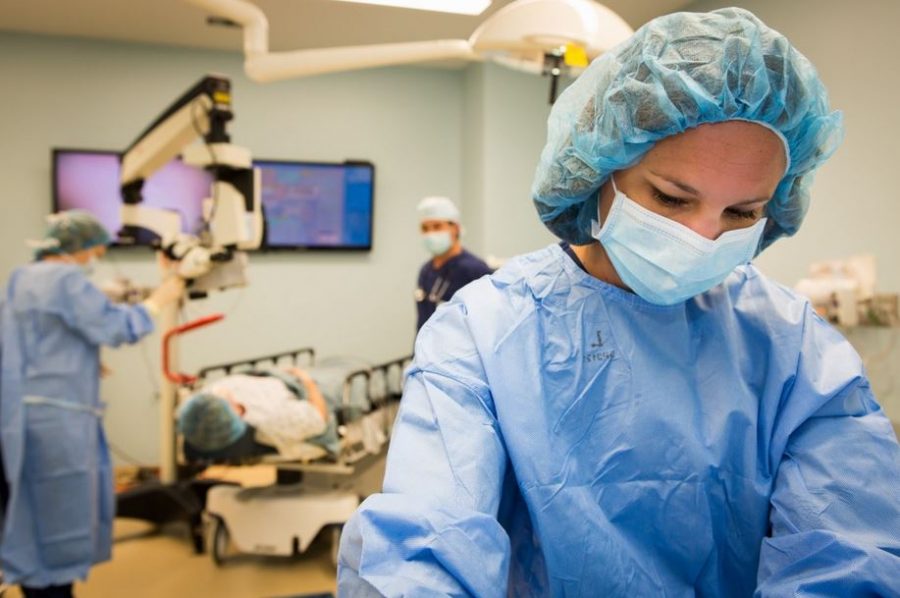<p style="text-align: justify;">Millions of people undergo plastic surgery procedures each year. These surgeries and techniques are carried out under very specific conditions, in order to keep patients safe and to minimize the risk for complications. However, plastic surgery, like other types of surgery, involves inherent risk. If you are considering a procedure, you should know these risks and understand the odds for developing a complication as a result of the surgery.</p>
<h2 style="text-align: justify;"><strong>Anesthesia Risks</strong></h2>
<p style="text-align: justify;">As with all surgeries, cosmetic procedures done while the patient is under general anesthesia involves some risk. Individuals can experience lung infections, stroke, heart attacks or other effects from the anesthesia. Plastic surgery clinics must follow strict legal requirements regarding the use of anesthesia during procedures, and they take great care to ensure patient safety by monitoring them closely for signs of any negative effects.</p>
<h2 style="text-align: justify;"><strong>Bleeding</strong></h2>
<p style="text-align: justify;">Any surgery will involve small amounts of bleeding that are carefully controlled. However, in some cases, patients may develop excessive bleeding during the healing process that may require immediate medical attention. Patients should follow post-surgery instructions conscientiously to avoid these problems. In the past, patients were told to avoid medications like ibuprofen for risk of increased bleeding, but this has actually been shown to help the risk.</p>
<h2 style="text-align: justify;"><strong>Infection</strong></h2>
<p style="text-align: justify;">Sterile measures are implemented during plastic surgery procedures to minimize the risk for infection. However, after surgery, incisions may be exposed to bacteria that can cause an infection that produces swelling, redness and pain. Your surgeon will provide specific instruction about incision care that you should follow carefully. If you notice any sign of an infection, contact the surgeon immediately for follow-up care.</p>
<h2 style="text-align: justify;"><strong>Nerve Damage</strong></h2>
<p style="text-align: justify;">Plastic surgery involves making incisions into tissue that may contain nerves. After the procedure, you may experience numbness or tingling at the site that may continue for some time. This may be a sign of nerve damage. In some cases, the numbness may be permanent; for example, 15 percent of women following breast augmentation surgery permanently lose nipple sensation, and most at least experience some change of sensitivity.</p>
<h2 style="text-align: justify;"><strong>Scarring</strong></h2>
<p style="text-align: justify;">The tendency for skin to scar is an individual element that is not always predictable. Your surgeon is trained to do procedures that minimize the risk of scarring. However, some individuals may have factors that increase their risk of developing a scar. Your physician can advise you on ways to prevent scarring and measures that can reduce scarring, if it occurs.</p>
<p style="text-align: justify;">Patients should always keep the risks involved in plastic surgery in mind, and they should notify their physicians of any change in health status that could affect their procedure. Plastic surgery clinics implement strict protocols to ensure that the risk for complications is minimized. If you have concerns about the risks of your procedure, have a frank talk with your surgeon, who can provide the in-depth information you need.</p>

Plastic Surgery: 5 Risk Factors You Should Be Aware Of
